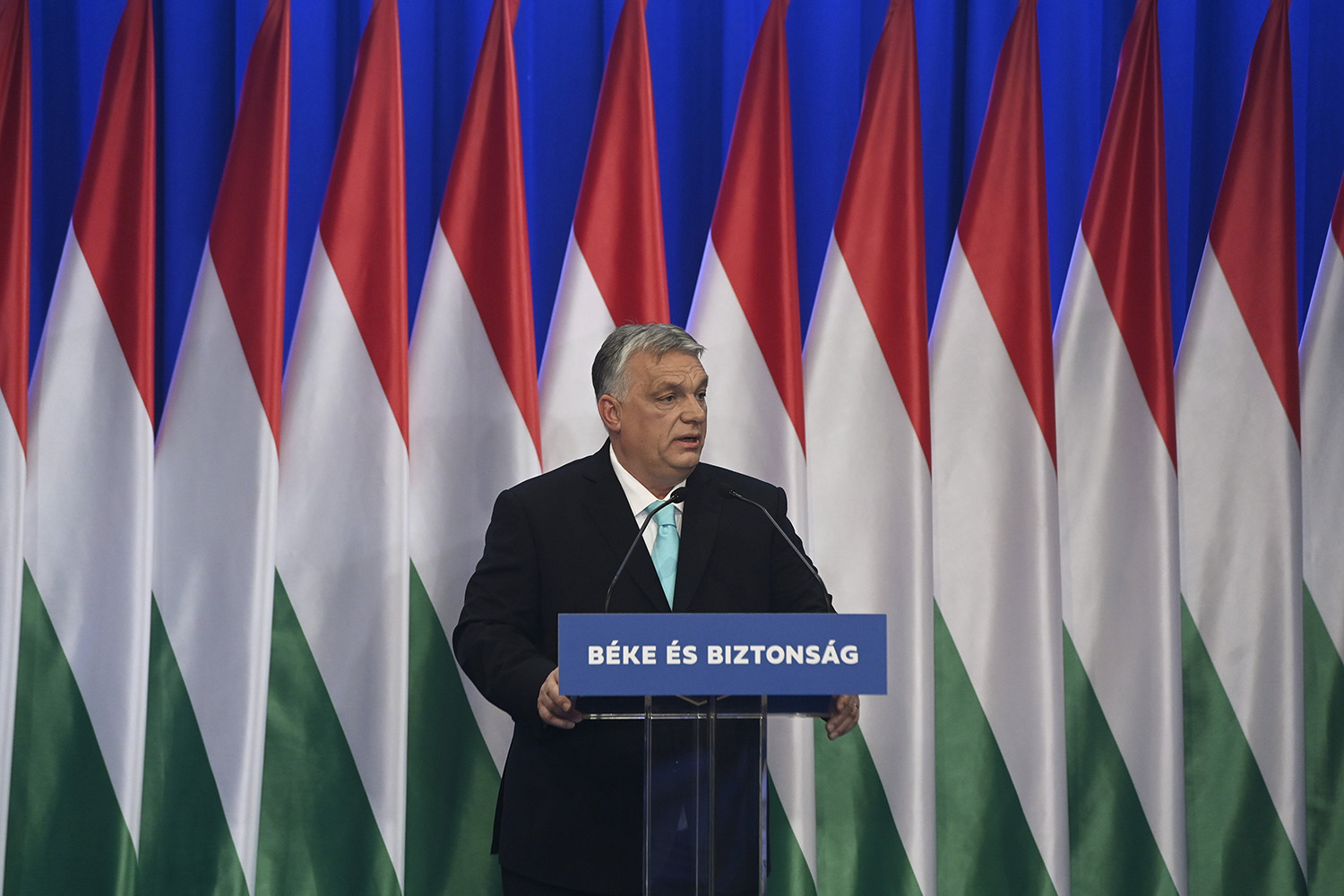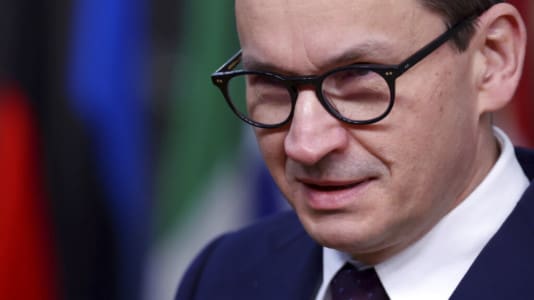Hungarian Prime Minister Viktor Orbán, while speaking during his 24th state of the nation address, described the war in Ukraine as a war between two Slavic countries that should have remained a local conflict, but which has instead been forced into a pan-European conflict by the EU, the West, and NATO.
“The war in Ukraine is not a conflict between the armies of good and evil, but between two Slavic countries that are fighting against one another in war limited by time and, for now, by space. This is their war, and not ours,” he said.
Orbán indicated that the war itself is another argument against giving Brussels more power, as Brussels, acting in concert with war hawks from Washington, has now dragged all of Europe to the precipice of war.
“When Russia launched its attack, the West didn’t isolate the conflict but elevated it to a pan-European level. It could have classified it as a local, regional war, or a military conflict between two Slavic nations as Hungary recommended. What happened instead is another argument against the Brussels superstate and for strong nation states. When the member states decided, there was peace. When the imperial center (in Brussels) decided, there was war,” said Orbán.
Hungary’s leader said that it remains vital for the country to stay out of the war, regardless of the pressure being placed on it from the outside.
“If we want to protect Hungary, if we want a peaceful life for ourselves, we have only one choice: to stay out of the Russian-Ukrainian war. This has not been easy so far, and it will not be easy now, because we are part of the Western world, members of NATO and the European Union, and everyone there is on the side of war, or at least pretends to be,” Orbán said.
Answering the rhetorical question of whether Hungary can actually do that, Orbán said “Of course we can, because Hungary is an independent, free and sovereign state, and we recognize no one but God above us.”
He added that staying out of the war is also the only morally right choice for his country:
“I am convinced that it is the right thing to do, and the only thing to do. Russia has attacked Ukraine, so we must let the Ukrainian refugees in, and we have done well to support them with the largest humanitarian aid operation in the history of our country,” he said.
Orbán added that both in the interests of the country and to keep communications channels open for possible peace talks in the future, Hungary is maintaining contact with Russia.
“We will maintain our economic relations with Russia, and we advise the whole Western world to do so, because without relations there will be no ceasefire and no peace negotiations. That is why we do not agree to priests and church leaders being put on sanction lists; it is bad enough that this could happen to artists and athletes,” Orbán said.
He also said that Hungary does not share the opinion that the war in Ukraine would directly threaten either Hungary or Europe. In fact, contrary to what one would assume, the war has shown that European countries belonging to NATO are remarkably insulated from the threat of conventional war with Russia.
“The Hungarian government does not consider it realistic to assume that Russia would threaten the security of Hungary or Europe. Such an assumption is valid at most in relation to nuclear weapons, but the risk of their use is increased, not reduced, by the war in Ukraine. As far as conventional warfare is concerned, the Ukraine war has shown that Russia would not stand a chance against NATO,” he said.





